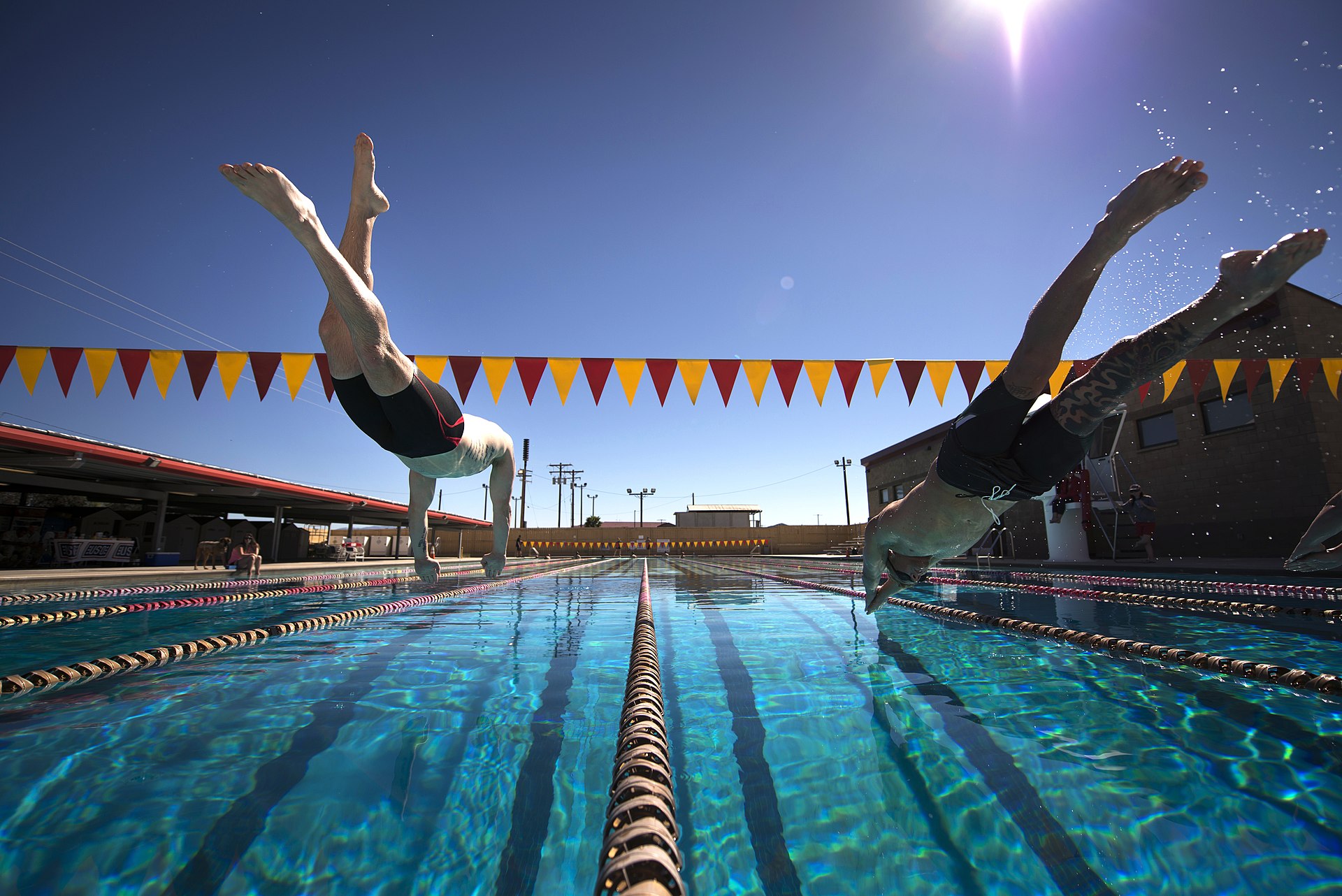Private and Public Swimming Pool Liability
Many Californians enjoy both public and private swimming pools during the warmer months. While state laws provide many guidelines to help promote the safety of swimmers, accidents can still happen. Here are a few points of interest that might help you avoid a dangerous situation.
Public Pools
Nearly all man-made swimming pools commonly and regularly used by many people in a community with a general invitation are considered a public pool by the courts. This means that pools at schools, motels, hotels, resorts, apartment or condominium complexes, mineral baths, and health clubs are included in this definition. Private swimming pools maintained by individuals for the use of friends and family are excluded from this category.
Lifeguards and Posted Warnings
The main safety requirement for public pools is lifeguard services. All public swimming pools of wholly artificial construction (not including natural bodies of water) must have a lifeguard if a fee is charged for use. Otherwise, signs indicating the lack of lifeguard services must be posted.
Pools that do not have a lifeguard on duty can be particularly risky environments for not only the swimmer’s safety but also the liability of pool owners. In cases where no lifeguard service or sign is posted, liability for accidents is measured by the consequence of failing to provide a lifeguard, not by the failure to post a warning sign. The relevant question in those cases is whether or not the presence of a lifeguard exercising reasonable care would have avoided the injury.
Safety Requirements
Major safety measures required by law are designed to protect swimmers. Signage alerting patrons that children should not use the pool without adult supervision, information about local emergency service providers (such as hospitals, ambulances, physicians, and others), and diagrams describing rescue techniques should be posted. Additionally, pool edges and depths should be appropriately marked. Public pools should also provide safety equipment like a strong pole and floating life rings with lines attached.
Personal Injury and Wrongful Death
Despite the safety requirements for public pools, accidents can still happen. In cases involving the pool owner’s failure to provide lifeguard services or post the required warning signs, injured parties are empowered to recover damaged from negligent owners. Typically, an injured person seeking restitution must prove that the negligent actions of a property owner resulted in harm. Since one of the functions of a lifeguard is to act as a witness in the event of an accident, the failure to post a lifeguard deprives swimmers of this evidence and can significantly impact an owner’s liability.
Please note that this article cannot provide a full review of California premises liability law, and should not be taken as legal advice. If you or someone you love has been hurt in a swimming pool accident or have questions about liability concerns, you should consider seeking advice from an experienced attorney licensed in California.
Related Articles by Sacramento Premises Liability Lawyer Ed Smith
Sacramento Premises Liability Lawyer
I’m Ed Smith, a Sacramento Premises Liability Attorney. I’ve been around swimming pools all my life and served as Captain of my high school swim team as well as oversaw the supervision of lifeguards at several private clubs and both McClellan and Mather Air Force bases. If you or someone you love has suffered a serious injury in a swimming pool accident, please call me at (916) 921-6400 or toll-free at (800) 404-5400 for compassionate, friendly, and free advice with no obligation.
I have practiced law for over three decades and helped many people injured in accidents. See some of our clients’ reviews on Google, Yelp, and the attorney rating site: Avvo.
I am a member of the Million Dollar Forum, a group of top-ranking trial lawyers with exceptional results. Forum members have all achieved million-dollar case settlements and verdicts.
Please take a look at my Past Verdicts and Settlements to see my long-standing history of standing up for the rights of injured people and their families.
Photo Credit: Wikimedia Commons, 2014 Marine Corps Trials by U.S. Department of Defense Current Photos. Public Domain

